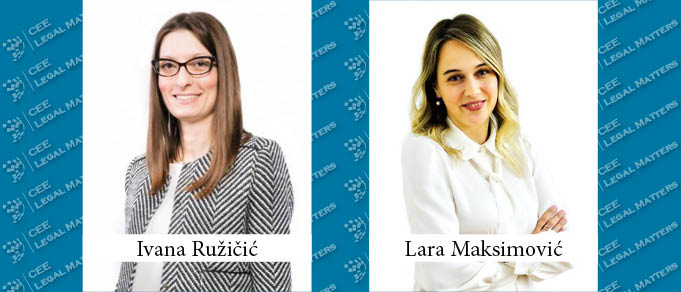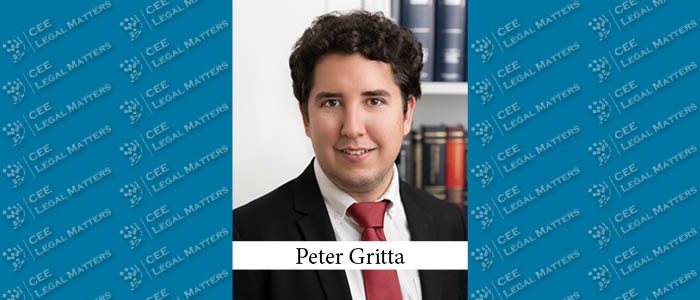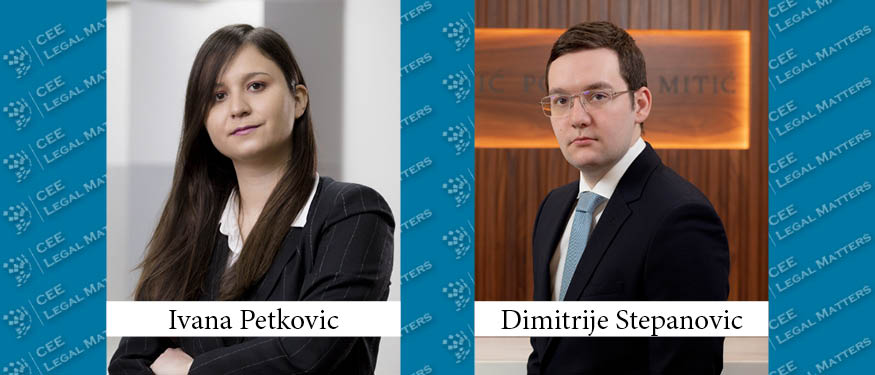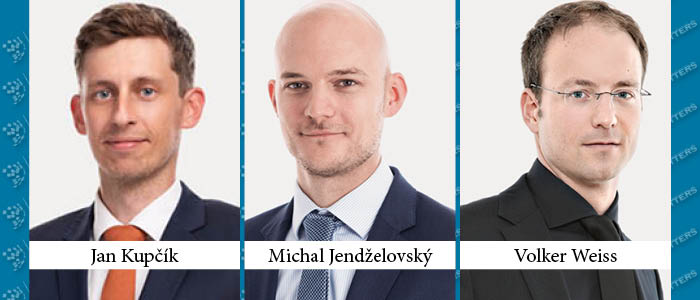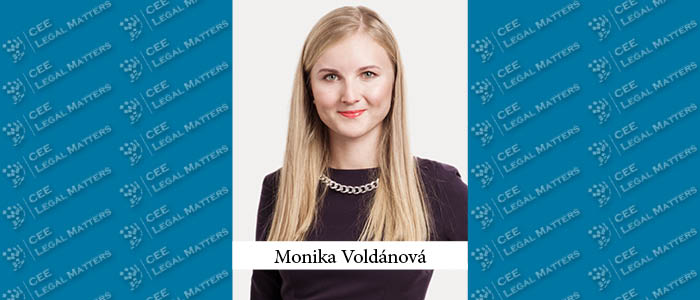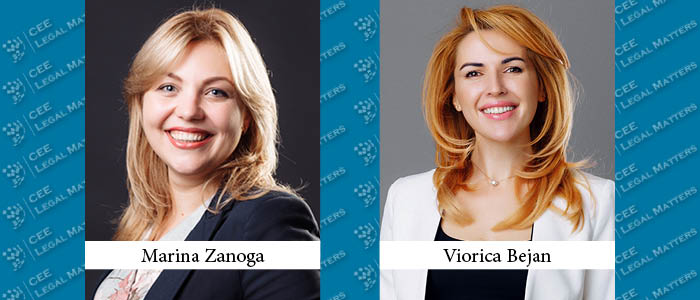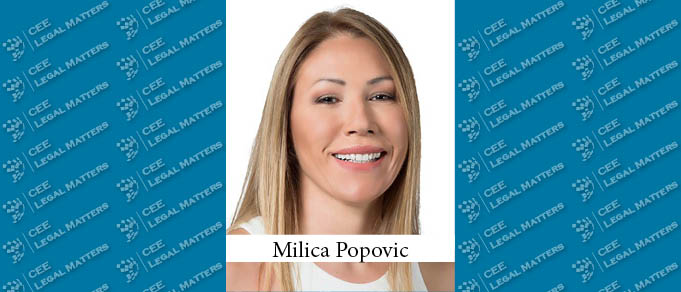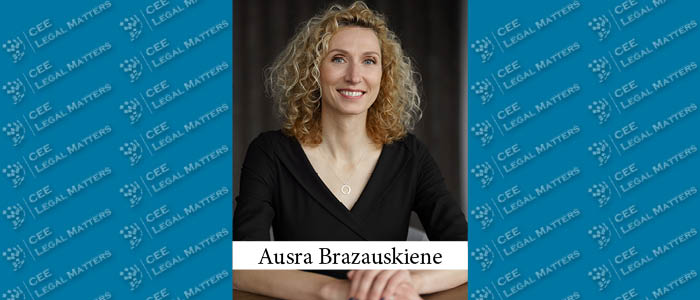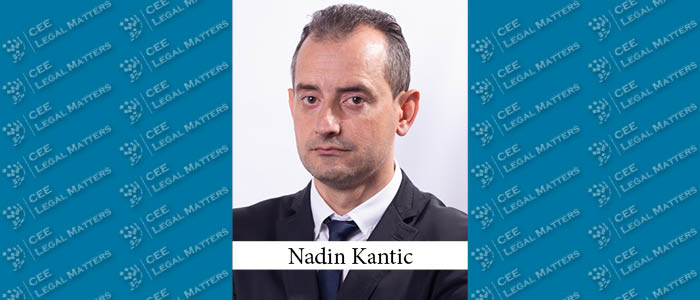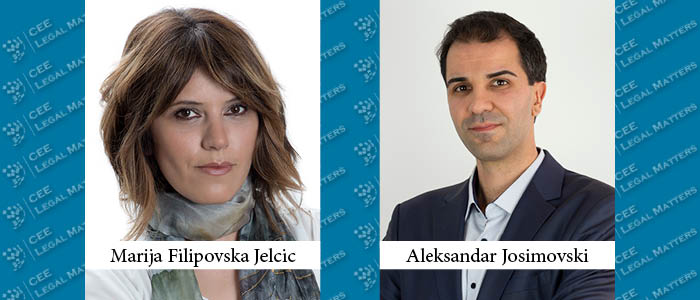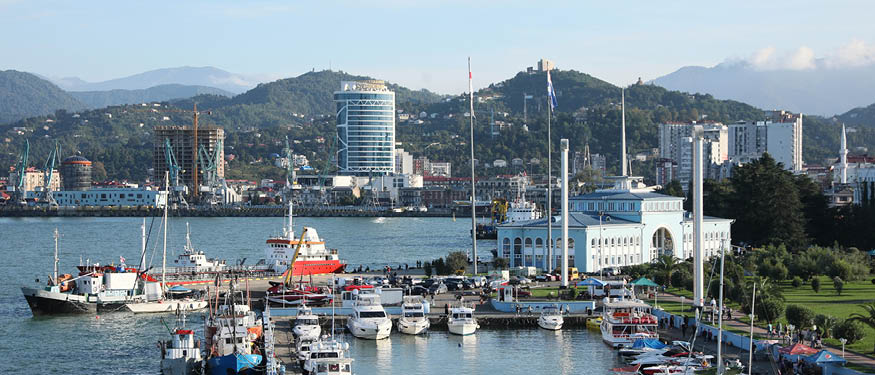On July 4, the EU Commission introduced a new Procedural Regulation aimed at enhancing cooperation among data protection authorities (“DPAs“) when enforcing the General Data Protection Regulation (“GDPR“) in cross-border cases.
Data Protection and Dominant Market Positions: Court Ruling Explores Gdpr Compliance
On July 4, 2023, the Court of Justice of the European Union (“CJEU“) pronounced a momentous judgment in Meta Platforms and Others.
New General Product Safety Regulation of the EU Enters into Force
The new General Product Safety Regulation of the EU, which has recently entered into force, was published in the Official Journal of the EU on May 23, 2023, and it shall start to apply on December 13, 2024 (“the Regulation”).
Ukraine Introduces New Law on Consumer Protection
On 5 July 2023, the President of Ukraine signed Law of Ukraine “On Consumer Protection” No. 3153‑IX (the “CP Law”). Most provisions of the CP Law will become effective one year after its publication, which is yet to be made, but not earlier than the date of termination or cancellation of martial law in Ukraine.
Can Bad Practices Tolerated by the Employer Be a Valid Ground for Dismissal in Hungary?
The Hungarian Supreme Court (the Kuria) has recently addressed an important principle related to dismissals that has long been known in labour law jurisprudence. In this article we summarize the decision and its effects.
Written Statements of Witnesses in Civil and Arbitration Proceedings
According to positive regulations in the Republic of Serbia, each party shall present the facts and propose the evidence on which it bases its request or with which it disputes the allegations and evidence of the opponent. The evidence includes all the facts relevant to making a decision. Both in civil and arbitration procedures, the most common means of evidence are documents and testimonies.
The FSR's M&A tool
The so-called M&A tool is probably the most impactful element of the Foreign Subsidies Regulation (FSR), affecting many global and even local transactions. A first read of the FSR's provisions may give the incorrect impression that the tool covers only few large transactions, but its impact may be much more significant than this. Let us take a closer look at what to keep in mind when engaging in an M&A transaction process.
Regulation of Nicotine Pouches in the Czech Republic
Nicotine pouches are small pouches or pads containing nicotine and no tobacco. They are placed under the lip so that the nicotine is absorbed into the body through the mucous membrane. This alternative to traditional tobacco products, especially cigarettes, has been growing in popularity in recent years.
Moldova: Would You Fancy Acquiring a Qualifying Holding in a Bank? The Moldovan IPO Experience
In recent years, Initial Public Offerings on foreign exchange markets became a hot topic of discussion in Moldova. The Purcari Wineries Group, one of the biggest wineries in Moldova, got listed on the Bucharest Stock Exchange Market. Others are also tackling the prospects. An IPO on a reputable market means better corporate governance, transparency, prestige, and access to new sources of funding.
Montenegro: English Law Breakthrough in Financing
For many years, we have witnessed how the laws of England and Wales were introduced in the Montenegrin financial legal system by the application of Loan and Market Association (LMA) templates in financing transactions. It was usually the lenders insisting on having the LMA standards in the loan agreement and for the laws of England and Wales to govern the loan agreement.
Kosovo: The Banking and Finance Legal Framework and the Way Ahead
The banking and financial sector in Kosovo has undergone significant changes in recent years, including the introduction of new legislation for the industry. Kosovo has managed to build a sound and stable financial system, which has contributed to supporting the overall growth of the economy. In addition, financial institutions have been very active in making significant progress in the implementation of advanced technologies and innovation following the latest CEE developments.
Lithuania: The Creditor’s Guide to Security Instruments
The due performance of obligations in Lithuania may be secured by various security instruments. Pledge, mortgage, and financial collaterals all create a right in rem for the creditor, i.e., such a security, upon due perfection, becomes enforceable against third parties and withstands bankruptcy, reorganization, and similar procedures of the security provider. Other types of collateral, such as default interest, surety, guarantee, deposits, and other instruments agreed by the parties terminate immediately upon bankruptcy, reorganization, or similar procedures of the security provider.
Bosnia and Herzegovina: Investing in B&H from the Banking & Finance Perspective
The banking system of Bosnia and Herzegovina incorporates the Central Bank of Bosnia and Herzegovina, commercial banks, and other financial institutions. The Central Bank defines and controls the implementation of the monetary policy of Bosnia and Herzegovina, and assists and maintains appropriate payment and accounting systems. It also coordinates the activities of the banking agencies of the B&H entities (hereinafter: regulators), which are responsible for issuing licenses for the operation and supervision of banks.
Latvia: At the Forefront in Provision of European Crowdfunding Services
At the end of 2021, the Regulation (EU) 2020/1503 of the European Parliament and of the Council of October 7, 2020, on European crowdfunding service providers for business (EU Crowdfunding Regulation) entered into force. In light of the regulatory requirements, existing crowdfunding platforms with prior authorizations under national rules shall receive authorization under the new regulatory framework by November 10, 2023.
Hungary: Financing for Agriculture
Hungary’s agricultural sector has a rich historical tradition but faces challenges due to insufficient financing. The European Union’s Common Agricultural Policy (CAP) provides funding for farm restructuring and market support, while Hungarian farmers can seek financing from banks and cooperatives. The Hungarian government has also established various programs to provide financing for agriculture, including subsidies for machinery and technology investments and funding for training.
Czech Republic: Upcoming New Administrative Obligations for Payment Service Providers
The Czech government is introducing new requirements and obligations for payment service providers based on the latest EU legislation. The new rules are expected to take effect from January 2024 and the legislative process is underway.
Serbia: Financial and Banking Market Overview
Serbia’s banking sector faces another year of challenges. Global inflation in 2023, compared to the last quarter of 2022, records a slight slowdown, but one thing is indisputable – the main challenge in 2023, and not only in the banking sector, is the war in Ukraine.
North Macedonia: Conversion of Third-Party Loans into Share Capital Contributions in Trade Companies
Before the introduction of the latest amendments to the Company Law of the Republic of North Macedonia (Company Law) on April 29, 2022, it stipulated that only loans provided by sole shareholders to their companies may be converted into share capital. The practice of conversion overseen by the Central Registry of North Macedonia (CRM) was strict. For example, loans taken over by the shareholder from the companies of the same group were considered ineligible for conversion.



